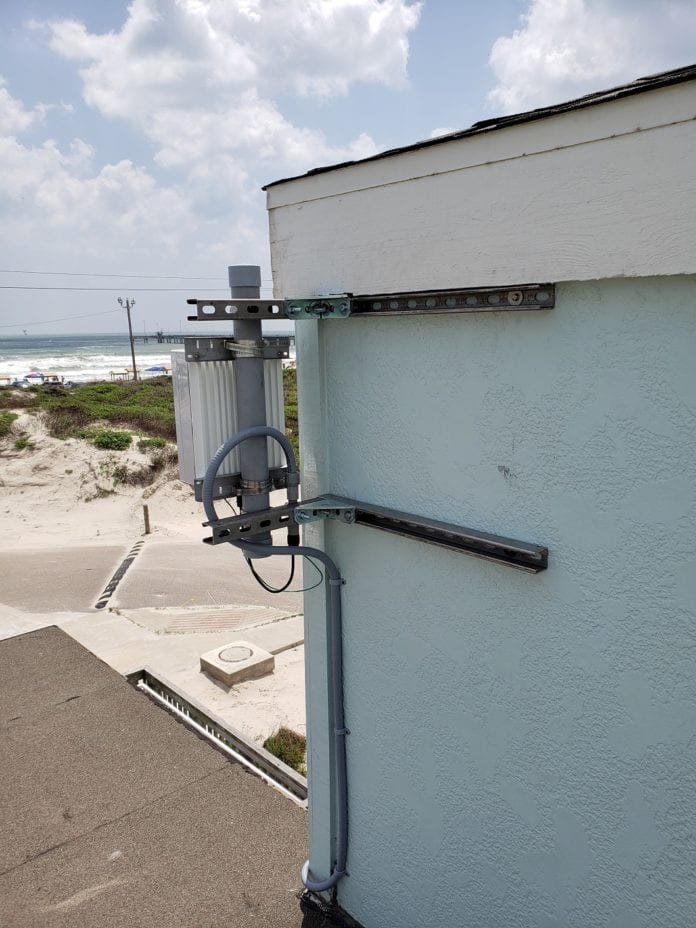PAL auction scheduled to begin in June
The Federal Communications Commission officially gave the nod yesterday for full commercial deployment in the Citizens Broadband Radio Service shared spectrum, certifying CommScope, Federated Wireless, Google and Sony as Spectrum Access System administrators for a five-year period.
The FCC and other government agencies reviewed the SAS administrators’ reports from the Initial Commercial Deployment (ICD) period, which had been opened in mid-September of last year with those four SAS administrators plus Amdocs. ICD was a formal 30-day period in which the spectrum-sharing systems received extra scrutiny that they were living up to the operational results they had produced in the lab, and the SAS administrators had to provide a report on ICD operations at the end of the period.
After reviewing those reports, the FCC certified that the SASes of CommScope, Federated, Google, and Sony complied with the rules and were approved for full commercial operation. They are authorized to operate in the continental United States, Alaska, Hawaii, Puerto Rico, and Guam.
Contacted by RCR Wireless News, Amdocs said in an emailed statement that “We are still working towards full approval from the FCC to be a commercial SAS administrator. We are still in the ICD phase and our process will complete by end of February.”
Iyad Tarazi, CEO of Federated Wireless, called the FCC approval “another significant milestone” for the CBRS industry. He added that Federated has more than 25 customers offering commercial services via CBRS and another 50 customers in development.
“We are eager to continue driving the next wave of services including private 5G,” Tarazi went on. “2020 will be an extremely active year for all of us who have worked so hard to bring the promise of CBRS to reality, and we are fully committed to working closely with all of the customer segments that stand to benefit from the new business and service models being developed and deployed today.”
“Today, after years of development, full commercial deployment of CBRS shared spectrum is a real thing, not a dream,” said Louis Peraertz, VP of policy for the Wireless Internet Service Providers Association. “The ‘CBRS experiment’ works, its ‘thesis’ proven. We know that if it works in this complex band, other forms of sharing – such as in the C-Band, 5.9 GHz and 6 GHz bands – can and should go forward. We cannot wait to see what it will do for the band and for other spectrum, as it fosters the development of an innovative solutions ecosystem, inspires new wireless business models, and delivers a new generation of consumer products and services here and across the globe.”
With ICD concluded and full commercial deployment officially begun, the next major milestone for CBRS will be the auction of Priority Access Licenses, which will make up the second tier of the three-tiered CBRS spectrum sharing framework at 3.5 GHz. Currently, CBRS spectrum is accessed under General Authorized Access rules and by incumbents such as naval radars and some fixed wireless services.
The PALs auction is slated to begin June 25, 2020 and will offer seven PALs in each county-based license area, for a total of 22,631 PALs nationwide; those PALs will consist of 10 megahertz, unpaired channels and licensees will be able to aggregate up to four PALs in any license area.

